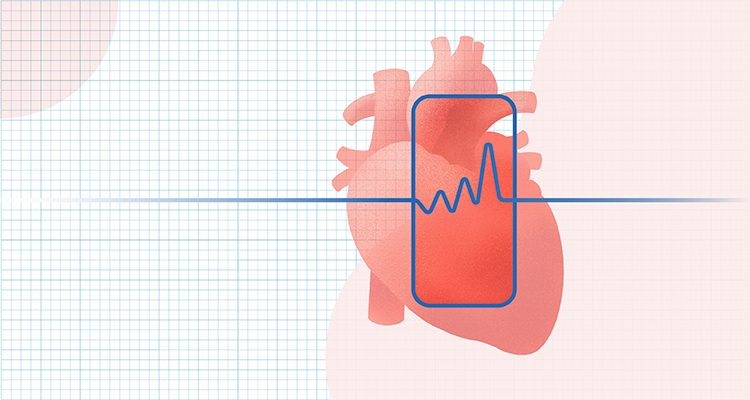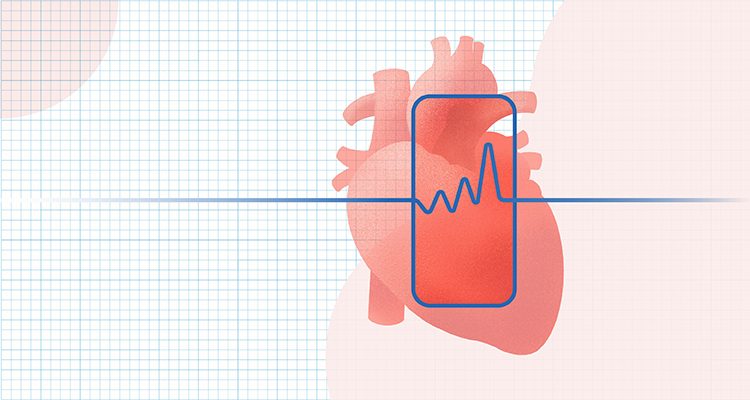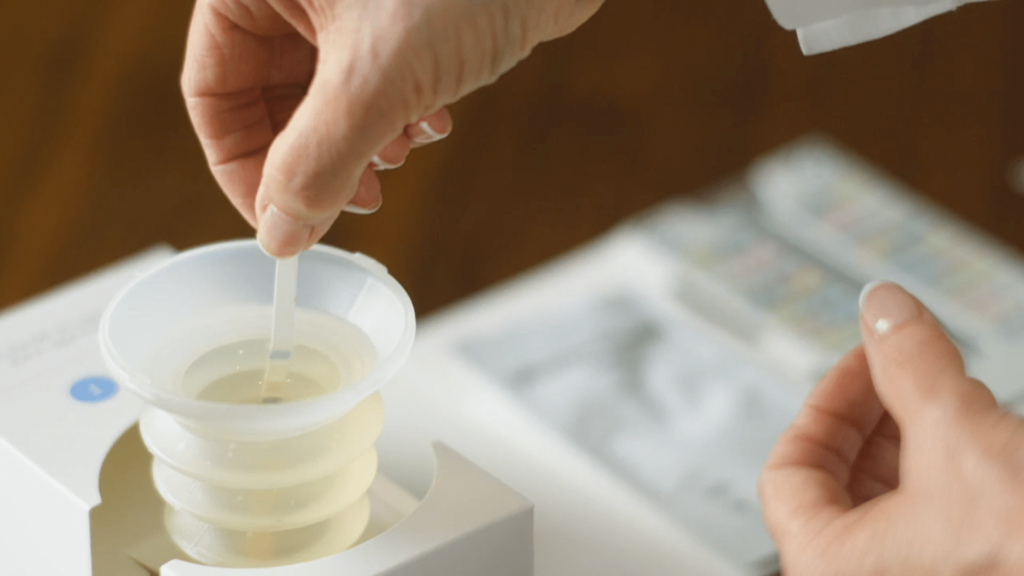The heart and kidneys are two of the most vital organs in our bodies, and their health is closely linked. One important, and often overlooked, connection between the heart and kidneys is the association between protein in the urine and cardiovascular disease. As a family physician, I have seen firsthand the devastating personal effects of heart disease and chronic kidney disease, and the importance of early detection and intervention in preventing disease.
Both diseases are also an immense burden on public health. Cardiovascular disease is the leading cause of death worldwide. In the United States, it’s responsible for one in five deaths and costs well over $200 billion annually. Chronic kidney disease, or CKD, is often called a “silent killer” because of its lack of initial symptoms. Every third American is at risk for the disease and could eventually require kidney dialysis or transplant. The annual financial price tag—$124 billion—is similarly staggering.
The two diseases share many of the same risk factors, including high blood sugar, high blood pressure, family history, obesity, unhealthy diet, and other lifestyle factors. People with kidney disease are at a significantly higher risk of heart disease. Thus, early detection of both cardiovascular disease and chronic kidney disease is crucial for improving patient outcomes and reducing healthcare costs.
ACR: An Early Marker
Because the heart and kidneys are so closely connected, the same test can be used as an early warning sign for both diseases: the urine albumin-to-creatinine ratio (ACR) test. Yet despite clinical guidelines, only 20% of people from high-risk groups get tested every year, leaving millions of people at risk.
The ACR test measures the albumin protein in the urine. Albuminuria is a marker of glomerular injury, meaning that the tiny blood vessels in the kidneys that filter the blood become damaged and leak albumin into the urine. It is a sign of early kidney damage, and often precedes the development of a decrease in kidney function.
A Canary in the Coal Mine for Cardiovascular Disease
That same ACR test can also provide a direct window into the health of the heart. The presence of albuminuria indicates that the blood vessels feeding the kidneys are damaged and leaking this large protein into the urine. But because the diseases like diabetes and hypertension that cause albuminuria are systemic, the kidney’s blood vessels aren’t the only ones leaking. Albuminuria serves as a proxy for damaged blood vessels across the entire body, including those feeding the heart. This is a silent phenomenon until it results in a heart attack, stroke, or kidney failure.
In fact, people with albuminuria are at more than three times the risk for cardiovascular disease. People with any form of cardiovascular disease are more likely to have CKD than not. Therefore, detecting albuminuria is not only an important early warning sign for kidney damage. It can be crucial for detecting cardiovascular disease, allowing for early intervention, lifestyle changes and life-saving treatment.
eGFR, which measures kidney function and is determined via a blood test, is an important indicator of kidney health, but fails to detect CKD in its early stages. Only albuminuria is a direct measure of vascular damage and such a highly correlated independent indicator of cardiovascular disease, in addition to being a strong early indicator of kidney disease.
The Power of At-Home Testing
By neglecting to test for albuminuria, we’re keeping a powerful tool outside of our clinical toolbox. Leaving ACR untested leads to underdiagnosis, and to under-estimation of risk and severity. But if identified, people can be appropriately risk-stratified and treated, reversing albuminuria and dramatically reducing the risk of both diseases and their associated costs.
Healthy.io is partnering with health plans across the United States to tackle the ACR adherence challenge, offering the Minuteful Kidney service to people at risk for kidney disease. Because of their large memberships, health plans are uniquely positioned to conduct population-wide, large-scale testing to find those cases and help close gaps in care. By allowing members to test at the time and place most convenient to them, we’ve seen up to 50% test completion rates among people who would have otherwise remained untested.
Detecting albuminuria early allows plans to identify members before their kidneys or hearts fail, and provide life-saving treatment and interventions. Population-wide testing programs can close care gaps and reduce healthcare costs, while improving patient outcomes and quality of life. That’s crucial to stratifying risk, driving people back to care and providing the right clinical interventions. Most importantly, it helps people improve the health of both their heart and their kidneys.






